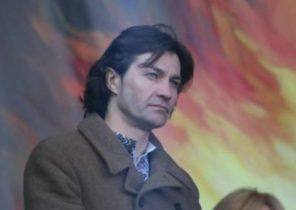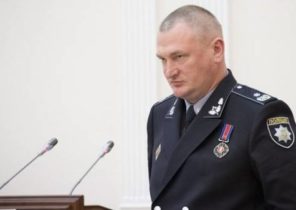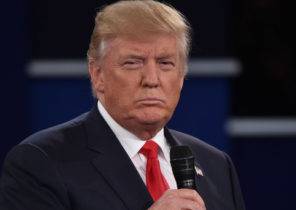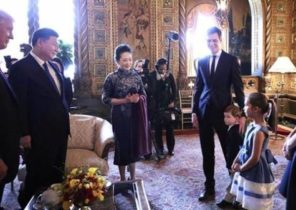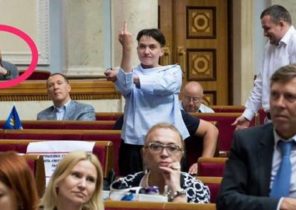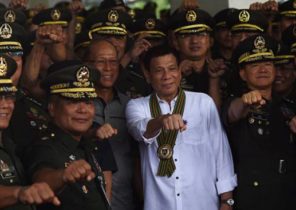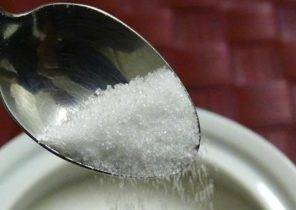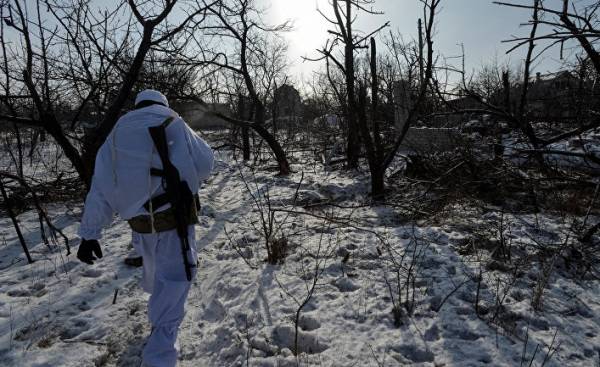
The war in the East of Ukraine is a test for the cohesion of the EU and NATO, and the recent escalation of the conflict shows that now is not the time to talk about easing sanctions against Russia, was stressed by many MPs during the debate on the situation in Ukraine, which took place on Tuesday in the European Parliament. The discussion was organized in connection with the situation in the town in the East of Ukraine, which since the end of January is exposed to attacks from the side using the Russian support for the separatists. Since the beginning of the conflict in the Donbas and the annexation of Crimea has been almost three years.
“We are interested in how to stop Putin”
The MEP from Latvia Sandra Kalniete (Sandra Kalniete) stated that “the ambitions of Russian President Vladimir Putin are not limited to the subjugation of Ukraine”. “He is committed to making NATO and the EU, the helpless, the weak. The war against Ukraine is a step towards this goal, but also test the cohesion of the European Union and the fortress of the transatlantic link, she explained. We are interested in how to stop Putin before he invades other countries of Europe. Economic sanctions against Russia remain the only European instrument that hinders Putin to continue aggression.” The easing of sanctions, believes Kalniete, a blow to the prestige of the European Union. “If Moscow is intensifying its aggression, we will need to extend and tighten sanctions,” she said.
“It’s time to raise the issue of tougher sanctions,”
The representative of the party “law and Justice” (PiS), Anna Fotyga (Anna Fotyga) stressed that despite the commitment of the European Union to back Ukraine peace and territorial integrity, “Putin’s regime continues its cruel game.” The EU, she said, should not just to support Ukraine and to reconsider its policy of “selective engagement” with Russia.
The Dutchman Johannes van Balen (Johannes Van Baalen) faction of the liberals, in turn, said that the EU should not exclude the prospect of tougher sanctions against Russia, which is seen “not only in Ukraine but also in Georgia and in the cyberspace of the Baltic States”.
With sharp criticism supporters of easing sanctions was made by the representative of the German green Rebecca harms (Rebecca Harms). “The Ukrainians are fighting on three fronts,” she said. The first front is the fight against corruption and “building new Ukraine”, and the second war in the East of the country. “There is a third front: when in the town, people were dying, in Budapest, Rome and Paris began to sound the opinion that sanctions against Russia should be abolished. It’s crazy. Waiver of sanctions is the failure of the European part of itself. When in Avdeevka fighting began, it became clear that it was time to start talking about tougher sanctions”, — said harms. She was also critical of the Minsk agreements which were made by Russia. “How can you speak with the occupier, who are we kidding?” — wondered she.
“Russia needs to leave Ukraine”
Polish MEP Jacek Saryusz-Wolski (Jacek Saryusz-Wolski) called on the EU to stop calling the conflict in the East of Ukraine civil war, because in Donbass there are 30 thousand Russian military.
“Russia — the aggressor. It’s time to end the senseless calls to Russia and asked to influence the rebels. Should be required to go away from Ukraine. Russians should refrain from voting in the UN security Council, as they lead to aggressive action argued Saryusz-Wolski. — If we can’t protect Ukrainians, you have to at least give them weapons.”
The representative of the party “Polish right” (Prawica Rzeczypospolitej), Marek Jurek (Marek Jurek) believes that the EU should block the construction of the pipeline “Nord stream”. “The project “Northern stream-2″ aims to ensure that within two years to stop the transit of gas through territory of Ukraine. It will be a blow to its security and the security of the entire Eastern-Central Europe”, — he explained.
With caution expressed in the debate parliamentarians from the social Democrats and the “European United left”. Romanian social Democrat Victor Bostinaru (Victor Boştinaru) urged both sides to respect the ceasefire. “We hope that Russia in the end is aware of its responsibility and exert pressure on the separatists, demanding compliance with the Minsk agreements. Ukraine should regain full control over its borders and its territory”, — he stressed.
German Helmut Scholz (Helmut Scholz) said that the Organization for security and cooperation in Europe has been sounding the alarm about the fact that violate the truce both sides of the conflict. “Both sides use the weapons they have pledged to withdraw, obstruct observers, organize secret prisons and violate international law”, — he said.
“The European Parliament mindlessly supports the mafia government”
The Russian side took a representative of the extreme right, the Frenchman Jean-Luc schaffhauser (Jean-Luc Schaffhauser), who always speaks in the European Parliament in defense of Putin. The Ukrainian leadership is deceitful, corrupt and have connections with neo-Nazi parties, he said. Schaffhauser believes that the shelling led the Ukrainian forces. “The fact that the European Parliament mindlessly supports the mafia government is just a disgrace,” he said.
Reacting to this statement, Rebecca harms asked him a question: “How much the Kremlin pays you for spreading such nonsense about Ukraine?” “I know that Putin and the Russian banks support your party,” she added.
The conflict in Ukraine
The conflict between Ukrainian forces and Pro-Russian separatists in Eastern Ukraine erupted in April 2014. In the course of killing more than 9 700 people, including more than two thousand civilians.
Once in Feb 2014 and removed from power of Viktor Yanukovych’s Pro-Russian Party of regions and formed the government of Arseniy Yatsenyuk, the separatists in Luhansk and Donetsk region began an armed rebellion against the new leadership of the country and announced the creation of Donetsk and Lugansk National Republics.
February 12, 2015 in Minsk was signed an agreement aimed to end the conflict. It included paragraphs on the ceasefire, withdrawal of heavy weapons, the return of Ukrainian control over the border with Russia, humanitarian assistance to the population, as well as the implementation of relevant Ukrainian legislation, the elections in the separatist-controlled territories. It was planned that the provisions of the agreement will be implemented until the end of 2016, however, until the goals are still very far away.
